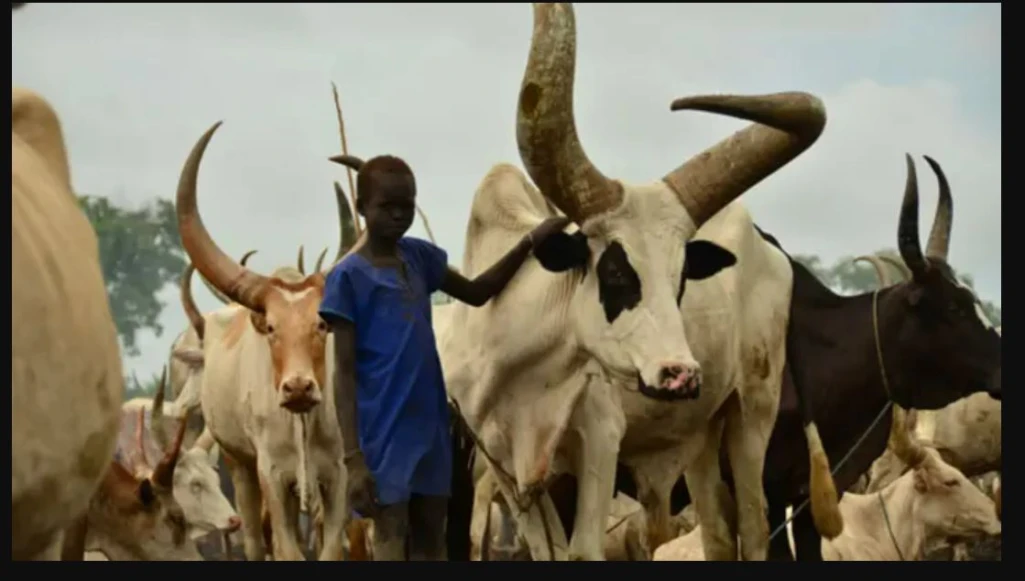
Jonglei State and the Greater Pibor Administrative Area are preparing to launch $16-million agriculture project as part of resilience livelihood for reconciliation.
The Jonglei region has been witnessing intercommunal conflicts for decades now. The conflicts, according to several media and UN reports, are attributable to child abduction, cattle, rustling, and revenge killings.
Observers believe that these conflicts have over the years made it impossible for the communities in the region to grow their own food. As a result, they have been dependent on food aid.
Malual Gabriel Kon, Jonglei Sate minister for Peace Building, says the project – which will be facilitated by WFP, UNMISS, UNHCR and other partners – is aimed at engaging the youth in agricultural activities.
“We know people commit these crimes because they want to survive…and that is why we came up with this project to engage them so that they invest in what will benefit their communities and themselves,” Kon told Mingkaman FM.
The minister said the project is now at its first phase, which is sensitization of youth in areas of Lanaam, Gumuruk, Pibor, Gadiang and Anyidi – educating them on the importance of food production.
This media outlet could not immediately reach authorities in Pibor due to network failure.
The intercommunal hostilities in parts of Jonglei State and the Greater Pibor Administrative Area have claimed numerous lives, injured countless more and have seen the raiding of thousands of cattle, not to mention widespread destruction of property.
These conflicts have persisted despite conduct of numerous peace and reconciliation dialogues involving mostly Nuer, Dinka, and Murle community traditional leaders and youth.